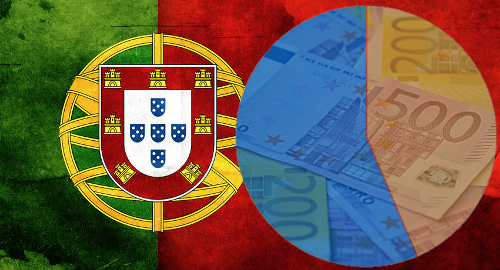 Over half of Portugal’s online gamblers continue to bet with internationally licensed sites, despite their government’s effort to steer them to locally licensed options.
Over half of Portugal’s online gamblers continue to bet with internationally licensed sites, despite their government’s effort to steer them to locally licensed options.
On Monday, the Associação Portuguesa de Apostas e Jogos Online (APAJO) released the results of a national survey that showed 56% of 609 local online gamblers had made some form of wager with an internationally licensed online gambling site this year.
That figure is significantly below a separate study by the Universidade Nova de Lisboa that found 75% of Portugual’s online gamblers had made a bet with an international site in 2018. That share was 10 points higher than a similar report covering 2017.
Portugal’s regulated online market launched in 2016 but the APAJO survey found that 42.2% of respondents had an active online account that was registered prior to that date, i.e. with an unauthorized international operator.
On the plus side (for the government, at least), the share of customers who registered with locally licensed sites appears to be on the rise. When it comes to accounts that were opened in 2018, 52% were with Portuguese-licensed sites, and that number jumps to 70% for accounts opened in 2019.
Furthermore, only 6% of respondents said they bet exclusively with international sites, while 44% bet exclusively with sites holding a Portuguese license. Those who bet locally cited security as their primary reason for picking a Portuguese-licensed online operator.
Interestingly, over 53% of respondents aged 18-24 years admitted betting with international sites, compared with just 29.4% for those in the 25-34 age demo. Whether that reflects youthful rebellion or a greater capacity for risk remains unclear, as is whether these rebellious youth will grow less interested in international sites as they grow older.
This disparity could also reflect the fact that younger gamblers have less money to wager and are looking for the best possible bang for their betting buck. Portugal’s regulated market boasts one of the highest tax rates in the European Union, and while the government has occasionally mused about shifting to a less punitive regime, they never get around to acting on these impulses.
Regardless, the survey is further evidence that Portugal’s regulated market is on the upswing. The Serviço Regulação e Inspeção de Jogos do Turismo de Portugal (SRIJ) regulatory body is due to release its Q3 financial report any day now, but the Q2 report showed overall revenue from SRIJ-licensed operators rising 29.5% year-on-year to €48.3m, primarily due to gains in online casino activity.